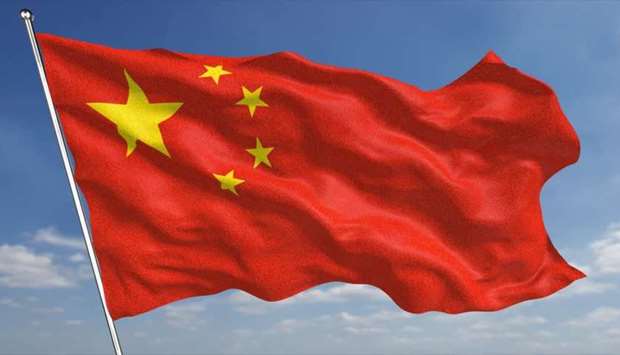A top Chinese official yesterday said that political tensions between Beijing and Australia were not behind a Unesco recommendation to place the Great Barrier Reef on its endangered list.
Deputy education minister Tian Xuejun is chairing this year’s meeting of the UN cultural agency’s heritage committee, which comes after years of worsening relations between China and Australia.
The Great Barrier Reef has been put on a list of World Heritage sites that could be put on the in-danger list after losing half of its corals since 1995.
Australia has assailed the move, blaming global warming for the loss, while Unesco experts argued that pollution run-off has contributed to the loss.
Asked at an online press conference about “Australian government allegations” that Beijing pressed to have the Barrier Reef listed as endangered, Tian said the decision was based “on reports and data provided by Australia itself.”
“Australia should fulfil its obligations to protect world heritage sites instead of making baseless accusations against other member states” of Unesco, he added.
Both China and Australia are among the 21 nations on this year’s heritage committee, which is evaluating nearly 50 new sites that could be added to its more than 1,100 World Heritage list.
The designation can be a boon for tourism, while encouraging governments to protect cultural or environmental treasures.
Australia has assailed the recommendation to add the Great Barrier Reef to the in-danger list after seeing the 2,300km system lose half its corals since 1995.
It says it has spent billions of dollars to clean up coastal waters and says global warming is responsible for the mass coral “bleaching” that occurs when the invertebrates do not have enough algae to provide nutrients.
Unesco experts counter that pollution run-off has contributed to a drop in water quality, pointing in particular at the Carmichael Coal Mine, and say clean-up efforts have fallen short.
“Politics have subverted a proper process and for the World Heritage Committee to not even foreshadow this listing is, I think, appalling,” Australia’s Environment Minister Sussan Ley said in June.
But Tian said “the recommendation to include the Great Barrier Reef on the endangered list was made after an evaluation by the UICN,” the International Union for Conservation of Nature, one of three advisory bodies to the heritage committee.
A decision on the reef’s status is expected around July 23.

China flag
